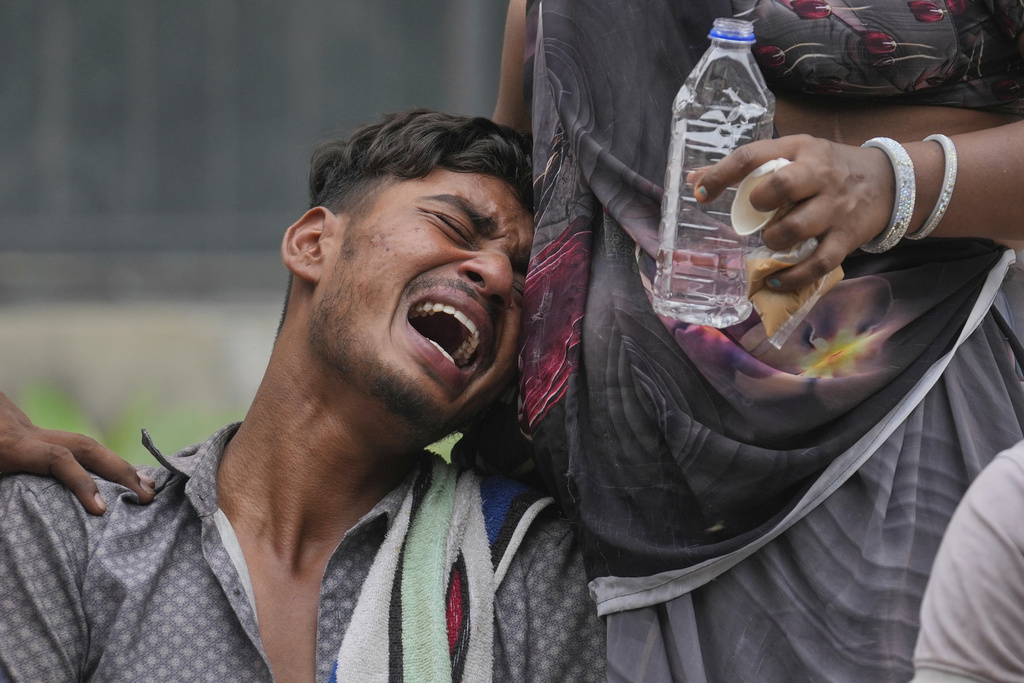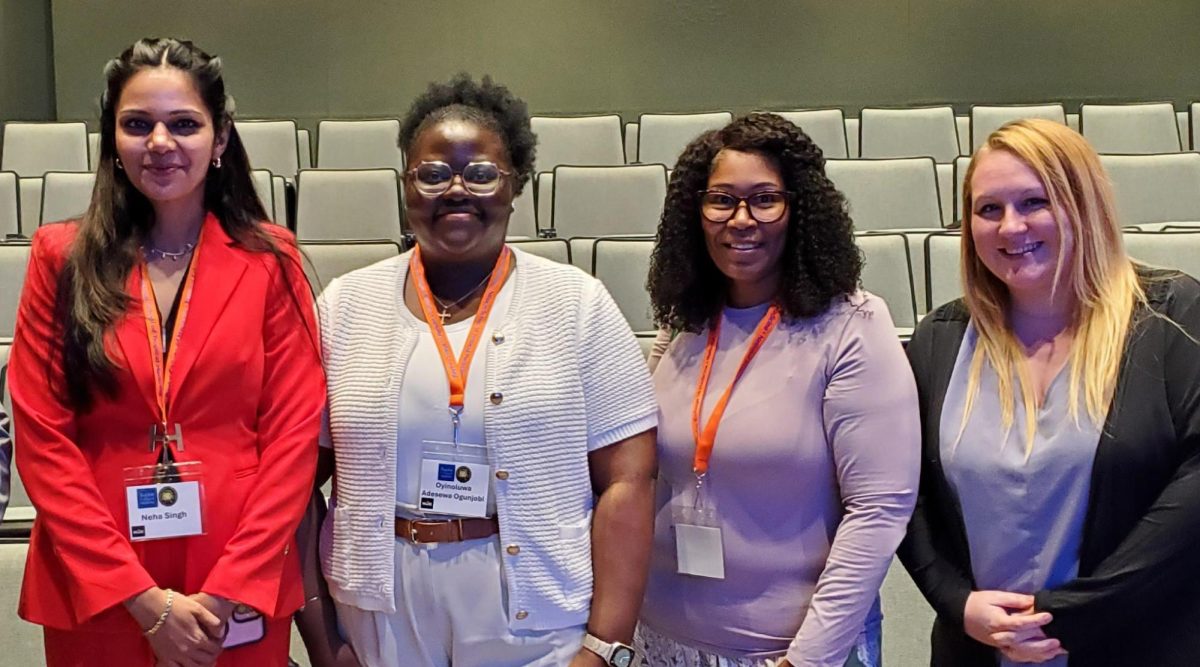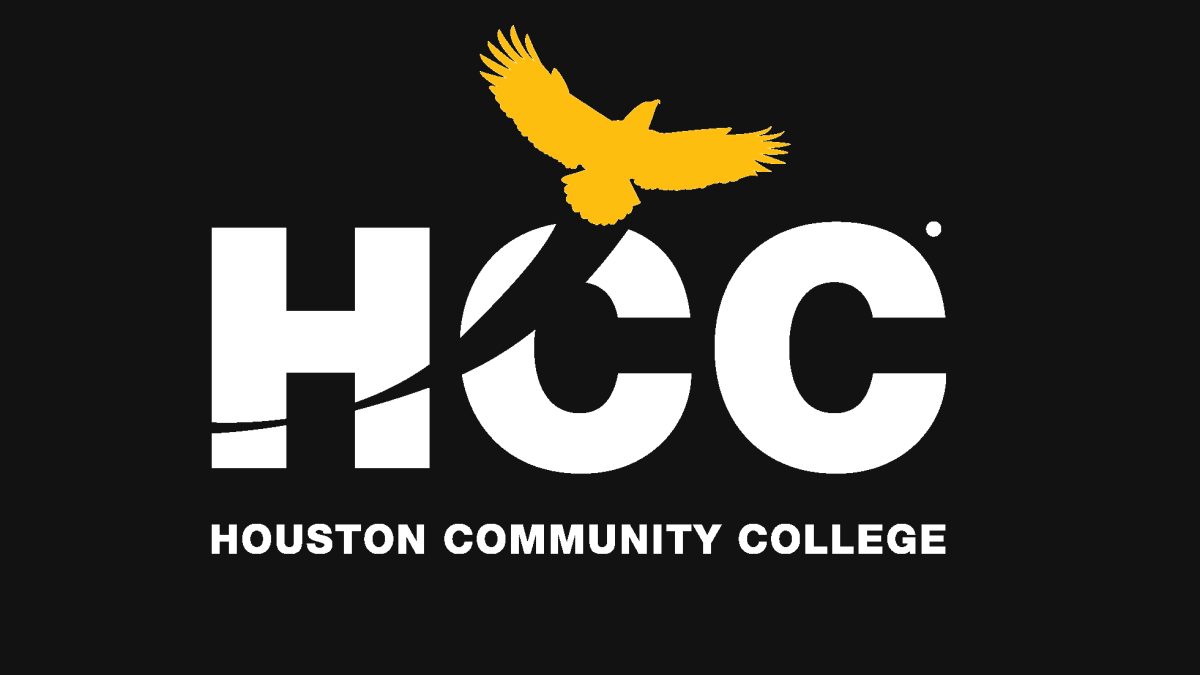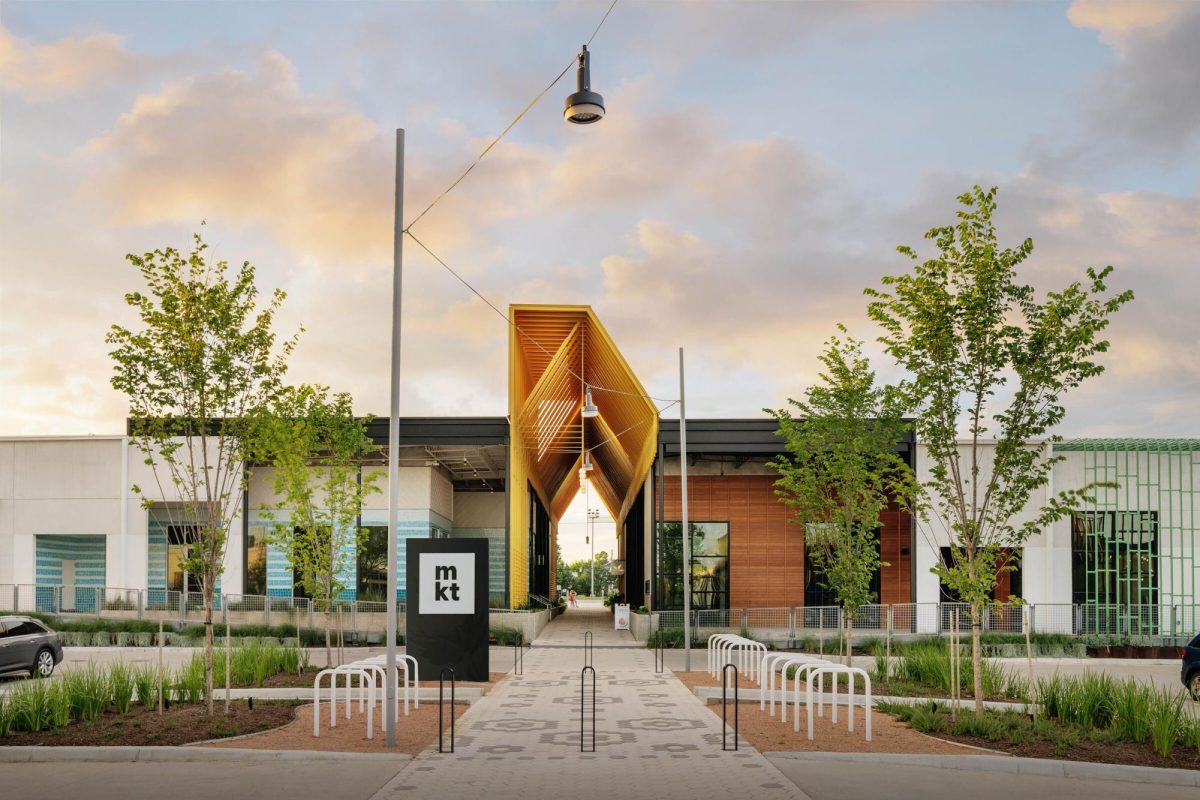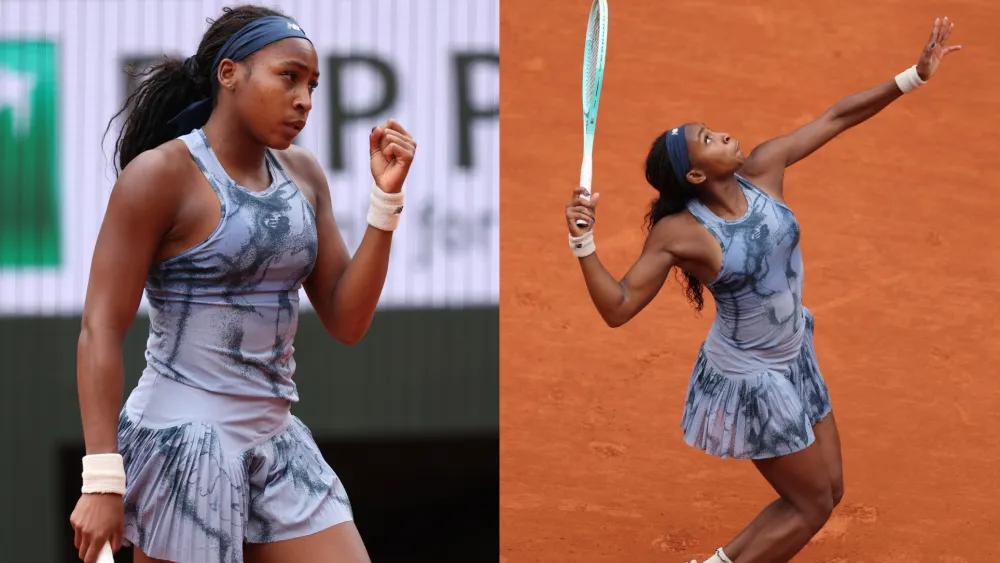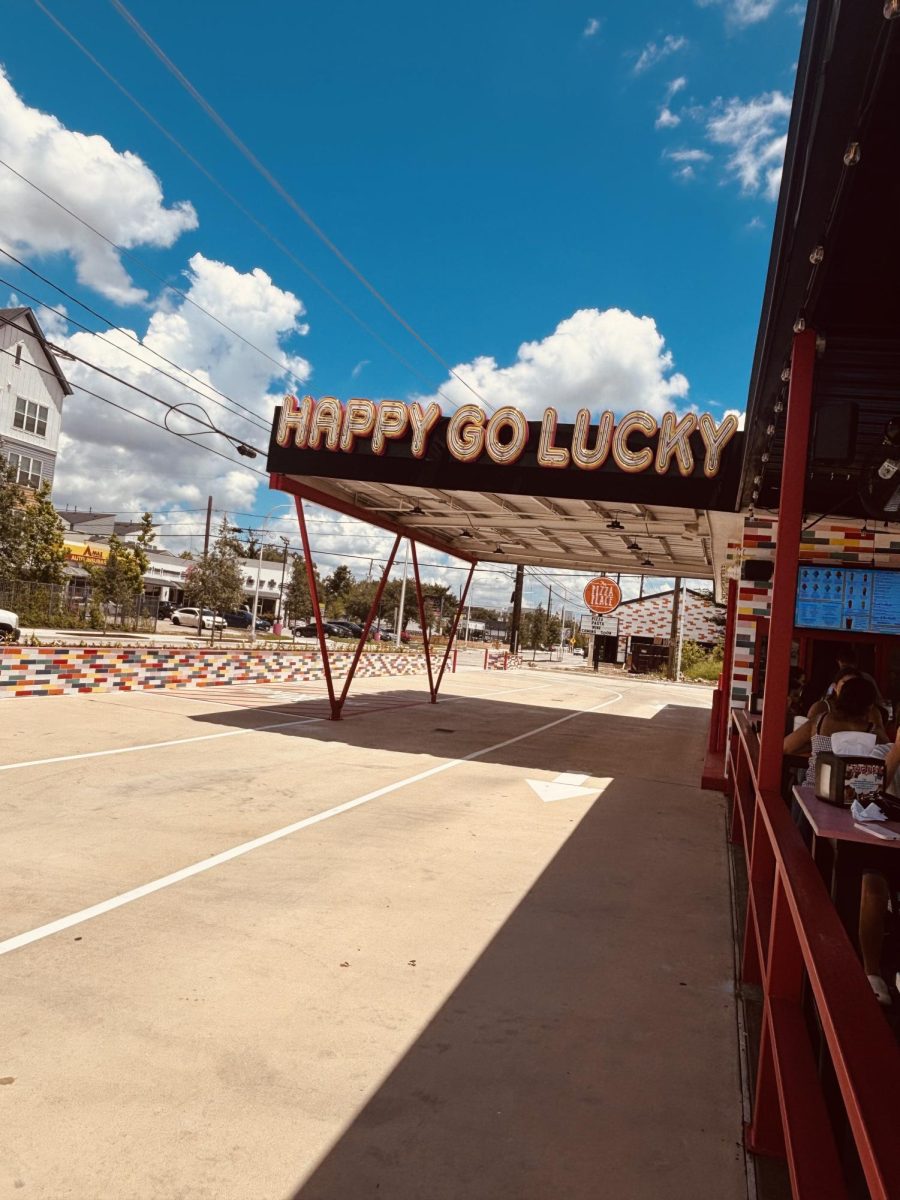Nigerian Igbo Wedding
December 1, 2021
Nigeria is one of Africa’s most cultured countries. Nigeria has been able to cling to its traditions despite the pressure to be influenced by western culture. Nigeria’s culture and traditions can be seen in its films; it is one of the few African countries whose films depict its culture. Although Nigeria has over 521 languages and 1150 dialects, it has maintained
The article on a traditional Nigerian Igbo wedding is one of the articles on CNN’s 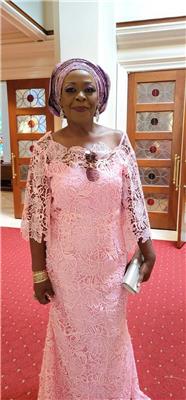 -List that observes the cultures and traditions of various African countries. The Igbo people have a rich cultural heritage that can be seen in how they celebrate things such as weddings. A traditional Igbo wedding is called Igbankwu or the wine carrying ceremony because the girl carries palm wine to the groom. Before the wedding, the boy has to take the girl to his family for introductions and also go to the girl’s parents to seek their blessings. After meeting the parents, there is a ceremony called the iku aka or ohi mmai whereby the boy and his parents take hot drinks or palm wine to the girl’s parents in order to formally ask for the girl’s hand in marriage. The boy’s parents are then given a list of what they need to provide, and the girl’s parents are also given a list. The next ceremony is the ivu efere or ime ego, whereby both sides of the parents deliver the items on the list. During the ivu efere, the parents discuss the right bride price. The ivu efere or ime ego also entails a little celebration at the girl’s home, and the groom and his family are usually given food and drinks to take with them.
-List that observes the cultures and traditions of various African countries. The Igbo people have a rich cultural heritage that can be seen in how they celebrate things such as weddings. A traditional Igbo wedding is called Igbankwu or the wine carrying ceremony because the girl carries palm wine to the groom. Before the wedding, the boy has to take the girl to his family for introductions and also go to the girl’s parents to seek their blessings. After meeting the parents, there is a ceremony called the iku aka or ohi mmai whereby the boy and his parents take hot drinks or palm wine to the girl’s parents in order to formally ask for the girl’s hand in marriage. The boy’s parents are then given a list of what they need to provide, and the girl’s parents are also given a list. The next ceremony is the ivu efere or ime ego, whereby both sides of the parents deliver the items on the list. During the ivu efere, the parents discuss the right bride price. The ivu efere or ime ego also entails a little celebration at the girl’s home, and the groom and his family are usually given food and drinks to take with them.
After the formal introductions and the delivery of items, the net ceremony is the traditional wedding or the Igbankwu. The Igabankwu is usually a celebration where the villagers are welcome to celebrate with the marrying families. During the Igbankwu, there is usually a lot of food, drinks, and music. During the Igbankwu, the bride comes out twice in different outfits accompanied by her female friends or family. The first time the bride comes out is to greet the guests and the second time she comes out is to serve a drink to her husband. The bride receives a cup of palm wine from her father, and she will then have to find her husband among the guests and offer him the palm wine. After finding the groom, the bride is required to serve him the palm wine either stooping or on one knee. The groom then takes the wine and drinks it while people applaud. After taking the wine, the bride and groom to the girl’s parents and kneel for blessings and prayers . After the parents’ blessings, people dance and celebrate the new couple.





